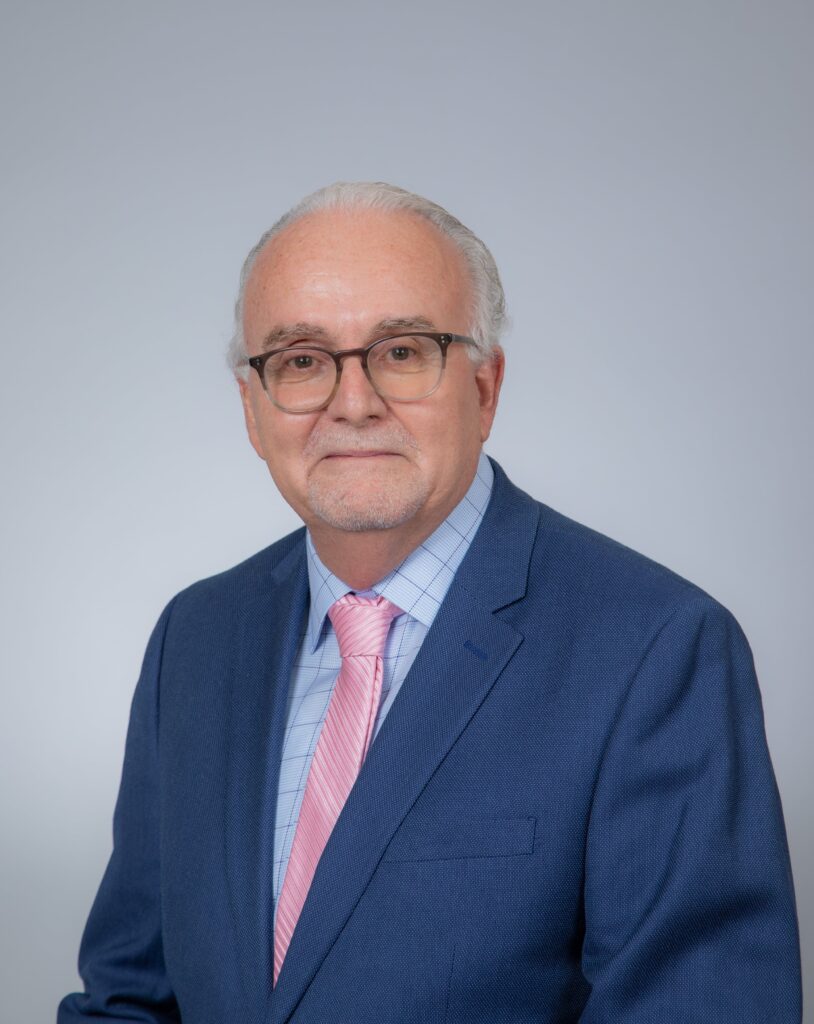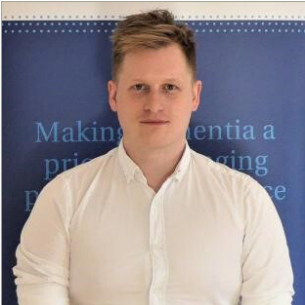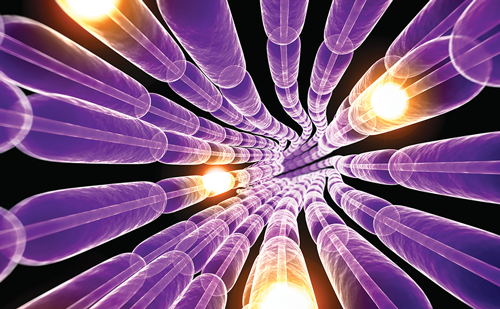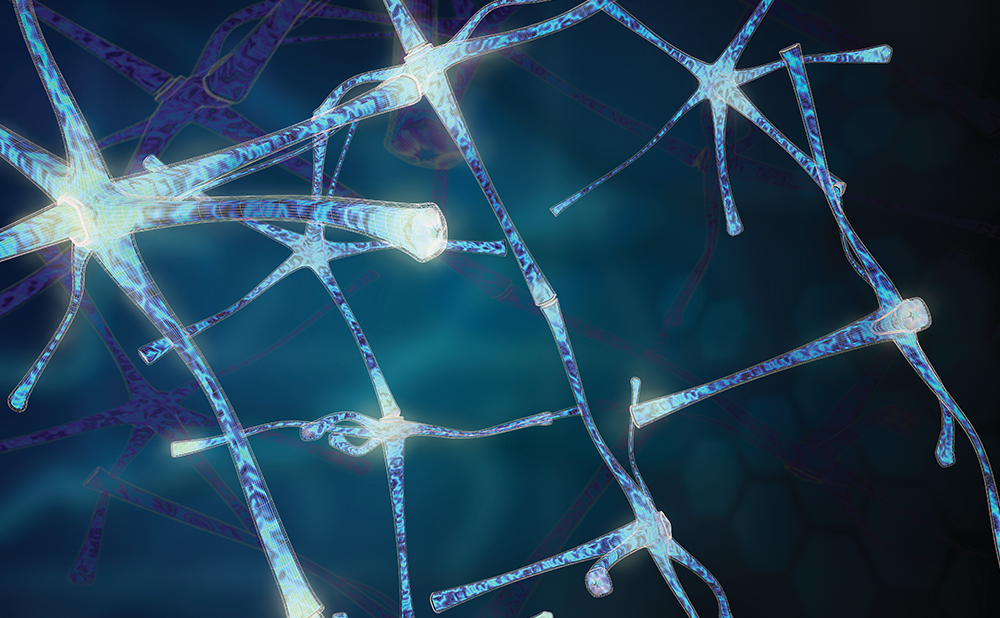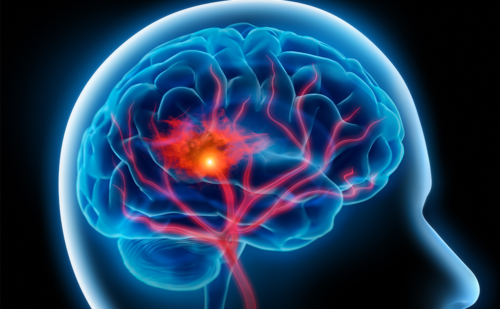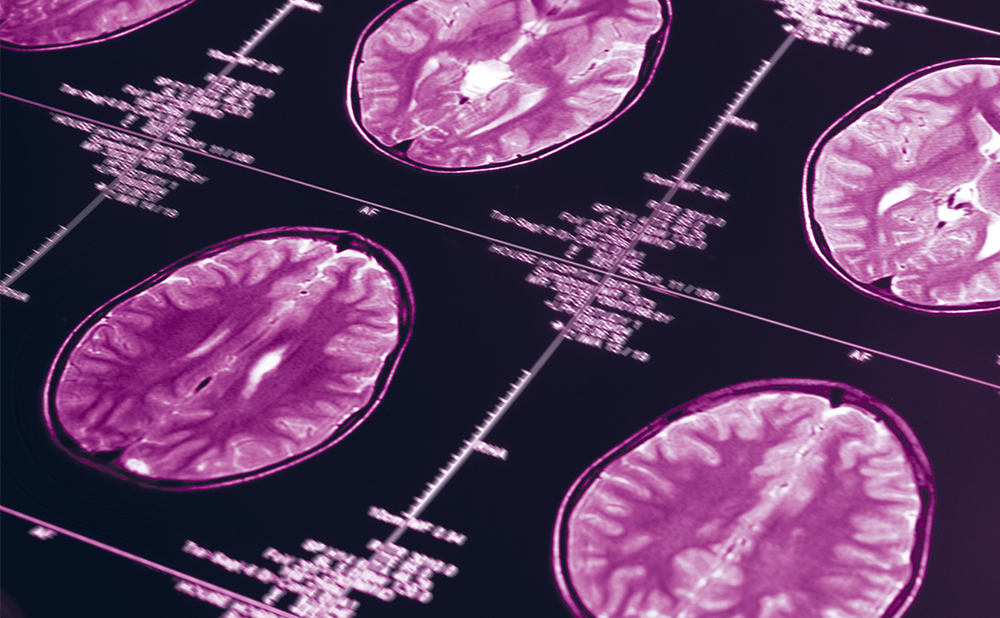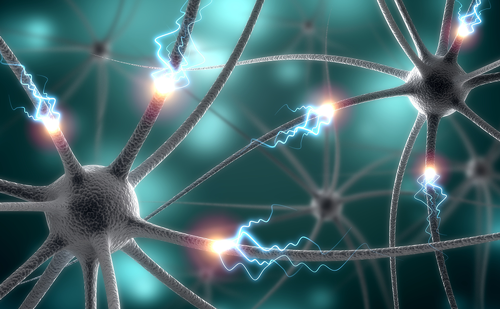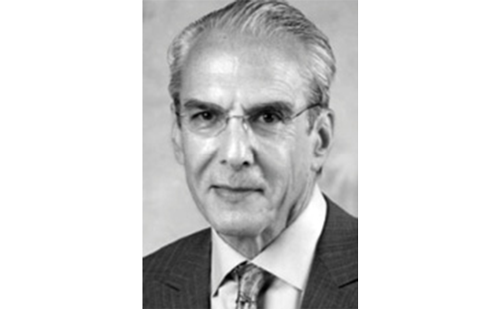Welcome to this issue of touchREVIEWS in Neurology, where we explore significant advances in neurology, cognitive health, and wearable technology in the management of various chronic conditions. This issue brings together a collection of expert perspectives and research that spans innovative therapies, preventive strategies, and case studies, each offering critical insights for clinicians and researchers.
We open with two editorials that address pressing topics in neurological care and restorative therapies. In “Stroke Action Plan for Europe”, Aleš Tomek et al. discuss the comprehensive initiative aiming to improve stroke prevention and treatment across Europe, highlighting goals to reduce the burden of stroke and improve long-term outcomes. This action plan created in 2017 offers an invaluable resource for physicians, patients and policymakers, emphasizing the need for cohesive efforts in stroke care across Europe.
The second editorial, “Exploring Cellular Mechanisms and Restorative Cell-based Therapeutics for Epilepsy” by Lily Kim et al., dives into the cellular underpinnings of epilepsy. By exploring innovative cell-based therapies aimed at restoring neural function, this piece illuminates promising avenues in the treatment of epilepsy that have the potential to improve quality of life for patients facing this challenging condition.
Our review articles address therapeutic advancements across various neurodegenerative and movement disorders. Zachary R Grese et al. present an insightful overview in “Psychosis in Alzheimer’s Disease: A Review of Current and Prospective Therapeutic Strategies”. This comprehensive review examines existing and emerging treatment options, offering a valuable framework for clinicians managing the complex and often distressing symptom of psychosis in Alzheimer’s patients.
In “Wearable Technologies for Parkinson’s Disease: Exploring Their Clinical Potential”, Catriona L Cox and Alistair J Mackett provide a timely analysis of wearable devices, highlighting their potential to transform monitoring and management for Parkinson’s patients. As technology continues to evolve, wearable devices could play a pivotal role in enhancing both patient autonomy and clinical decision-making in this progressive disease.
Madeline Huber et al. address another critical area in “Perioperative Approaches to Decrease the Incidence of Postoperative Cognitive Decline and Postoperative Delirium in Older Patients”. This review discusses preventive perioperative strategies for cognitive complications, offering essential insights for minimizing the risk of postoperative cognitive decline and delirium—a growing concern among aging populations undergoing surgery.
Concluding this issue, Ayça Simay Ersöz et al. present a fascinating case report titled “Cognitive Decline as the Main Presentation of Diabetic Striatopathy Without Hyperkinetic Movement Disorder: A Case Report”. This unique case underscores the variability in diabetic striatopathy presentations and highlights the importance of considering cognitive symptoms in atypical cases, providing valuable insights for differential diagnosis and management. Together, these articles reflect the diverse, interdisciplinary approaches that are shaping the landscape of neurological, cognitive, and chronic disease care. We hope this issue serves as a rich resource for readers, inspiring continued innovation and collaboration in the field.
The editors of touchREVIEWS in Neurology would like to thank all contributors for their insightful and informative articles. We are also thankful to our society partners for their ongoing support and to our Editorial Board for their continued involvement and advice. We hope you find this edition both illuminating and interesting. ❏
Leontino Battistin
Born in Fiume (actually Rijeka, Croatia) in 1939, Dr Leontino Battistin graduated in Medicine at the University of Padova Medical School in 1963 and as a specialist in Neurology in 1967. During the years 1967–1970, he was Research Fellow at the Institute for Neurochemistry, Columbia University, New York, NY, USA. Dr Battistin became full Professor of Neurology from 1980 and then Director of the Department of Neurosciences of the Medical School of the University of Padova, Italy until 2009. He was the Founder and Scientific Director of the Research Hospital for Neurorehabilitation, IRCCS San Camillo, Venice, Italy from 2005 to 2014. He has been member of the Executive Council of the Italian Society of Neurology and the President of the Italian Society for Parkinson’s Disease; he was a member of the Executive Committee on Extrapyramidal Disorders (chaired by Melvin Yahr, and after by Donald Calne), and of the Executive Committee on Dementia of the World Federation of Neurology. In 2009, he was appointed Chairman of the Research Group for Organization and Delivery of Neurological Services. He was elected Vice-President for Europe of the World Federation of Neurology at the World Congress in Neurology in London for the years 2001–2005; he has also been the President of the European Society for Clinical Neuropharmacology during the years 2000–2008. He is a member of numerous international scientific societies and is a Fellow of the American Academy of Neurology. He has been also a member of the Editorial Board of various international journals of neuroscience and clinical neurology. He has organized various international congresses and symposia on specific themes of neuroscience; he was the President of the 11th World Congress on Parkinson’s Disease that was held for the first time in Rome, Italy, in 1994, and President of the second World Congress on Neurorehabilitation held in Venice in 2002, when the World Federation on Neurorehabilitation was founded. Furthermore, he was the Honorary President of the XXV World Congress of Neurology held in Rome, Italy, in October 2021. He has published more than 300 papers in various international and national journals and edited 10 volumes on specific arguments of neurology. His main scientific interests have always been cerebral metabolism and function, especially in degenerative diseases of the nervous system, like Parkinson’s and Alzheimer’s disease, as well as in cerebrovascular diseases and in neurorehabilitation.


